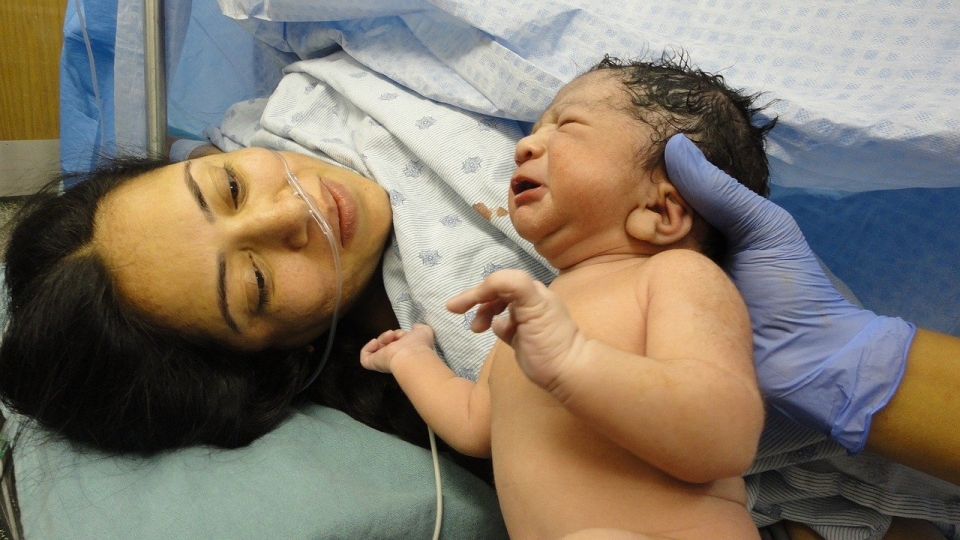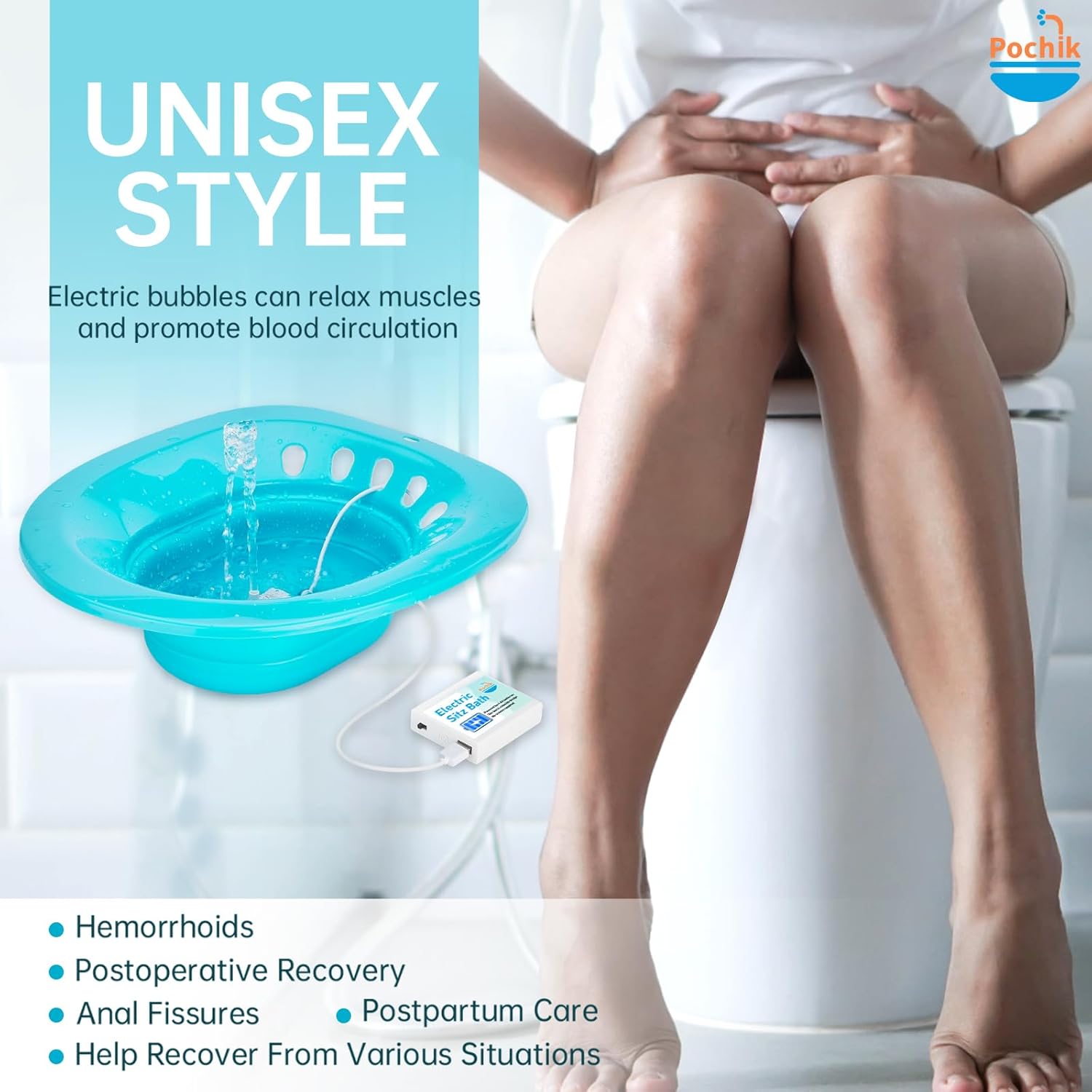What Resources Exist for Women Dealing with Childbirth Injuries? Your Complete Guide to Finding Support and Recovery
What Resources Exist for Women Dealing with Childbirth Injuries? Your Complete Guide to Finding Support and Recovery
Childbirth can be one of life's most beautiful experiences, but it can also result in unexpected physical injuries and emotional challenges. Many women feel isolated or unsure of where to find help. Fortunately, there are numerous resources designed specifically to support women recovering from childbirth injuries. Here's a comprehensive overview of these resources to help you find the support and healing you deserve.
Understanding Childbirth Injuries: You're Not Alone
Childbirth injuries—such as pelvic floor damage, tearing, prolapse, nerve injuries, or emotional trauma—are surprisingly common, yet rarely openly discussed. Knowing that you're not alone and understanding where to find help can significantly impact your recovery.
Essential Resources for Women with Childbirth Injuries
1. Pelvic Floor Physical Therapy
Pelvic floor physical therapy specializes in addressing pelvic floor injuries and postpartum recovery issues.
-
How it helps:
Strengthens pelvic muscles, alleviates pain, improves bladder control, and enhances overall healing. -
Where to find help:
- APTA Pelvic Health: aptapelvichealth.org
- Herman & Wallace Institute: pelvicrehab.com (provides therapist directories)
Personal Testimony:
“Pelvic floor therapy changed my life after childbirth. It greatly improved my quality of life and reduced my pain and anxiety.” – Anna, mom of two
2. Online Communities and Support Groups
Connecting with women experiencing similar challenges can provide emotional support, valuable advice, and empowerment.
- Recommended online communities:
- Facebook groups: Search "Postpartum Injury Support" or "Birth Injury Moms."
- Reddit Communities: r/birthtrauma or r/beyondthebump
Personal Testimony:
“Joining an online support group made me realize I wasn't alone in my struggles. The shared experiences and advice from others were invaluable.” – Michelle, new mom
3. Mental Health Resources and Therapists
Childbirth injuries can cause emotional trauma, depression, anxiety, or PTSD. Professional mental health support is crucial.
- Where to find help:
- Postpartum Support International (PSI): postpartum.net
- BetterHelp or Talkspace: Online therapy platforms offering postpartum counseling.
Personal Testimony:
“Therapy helped me process my birth trauma. It’s been essential for my mental health recovery.” – Emma, mother of one
4. Nonprofit Organizations & Advocacy Groups
Various organizations advocate for better awareness, support, and treatment options for women recovering from childbirth injuries.
- Recommended Organizations:
- Birth Trauma Association: birthtraumaassociation.org.uk
- Maternal Health Matters: maternalhealthmatters.org
Personal Testimony:
“Finding organizations that validated my experience was incredibly empowering and helped me advocate for myself during recovery.” – Danielle, mom of three
5. Educational Resources & Books
Educating yourself about your injuries and recovery can empower you to make informed health decisions.
- Recommended books:
- Heal Your Birth Story by Maureen Campion
- The Fourth Trimester by Kimberly Ann Johnson
- Ending Pain in Pregnancy & Postpartum by Isa Herrera
Personal Testimony:
“Reading about postpartum healing gave me practical tools and increased my confidence during recovery.” – Lisa, mom of one
6. Specialized Medical Professionals
Consulting specialists such as urogynecologists, OB-GYNs, or maternal health experts who specialize in childbirth injuries is essential.
- Specialists to seek out:
- Urogynecologists
- Maternal-fetal medicine specialists
- Pelvic rehabilitation experts
Where to find help:
- Ask your OB-GYN for referrals.
- Use directories like Healthgrades.com or Zocdoc.com.
Personal Testimony:
“A specialist finally identified my condition and recommended treatments that dramatically improved my postpartum recovery.” – Sarah, mom of two
7. Financial & Insurance Resources
Some treatments can be costly. Finding financial assistance or understanding insurance coverage can significantly ease your recovery process.
- Tips for Financial Support:
- Contact your insurance to understand your postpartum coverage.
- Explore payment plans with medical providers.
- Seek assistance through local or national healthcare grants.
When to Seek Professional Help Immediately
Contact a healthcare provider if you experience:
- Severe or worsening pain
- Heavy bleeding or signs of infection
- Severe emotional distress or suicidal thoughts
- Incontinence or difficulty performing daily activities
Conclusion: Support Is Available—Reach Out Today
Childbirth injuries are common but frequently overlooked. You deserve compassion, healing, and the best possible support. By utilizing these resources—whether physical therapy, mental health counseling, community support groups, or specialized medical care—you can find strength, understanding, and recovery.
Remember: You’re not alone, and healing is possible.
If you found this resource helpful, please share it with other women who may need it!
amazon Best Seller








Comments